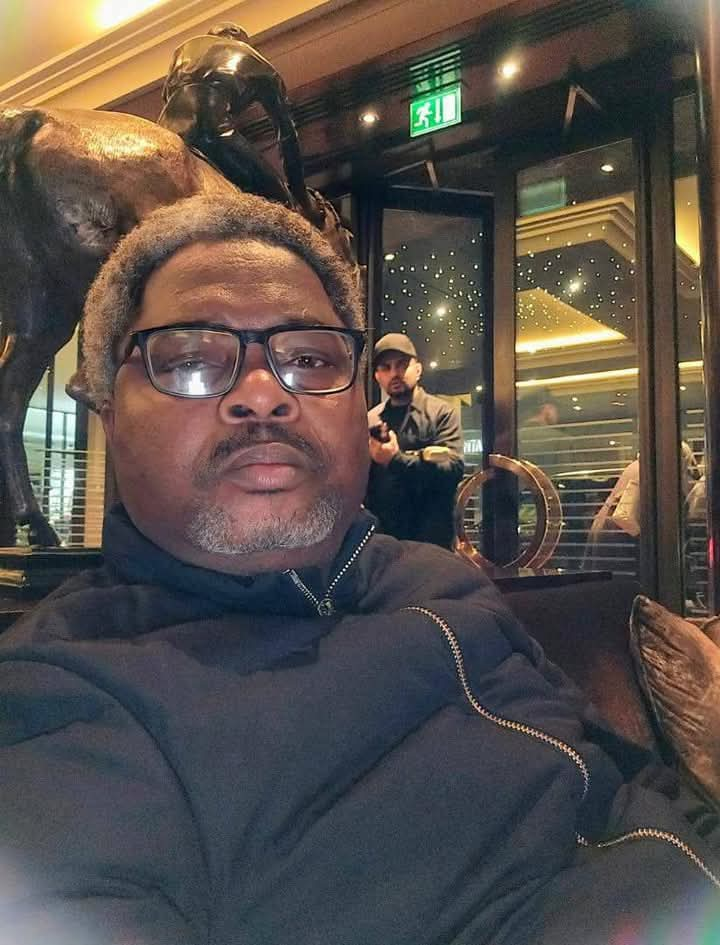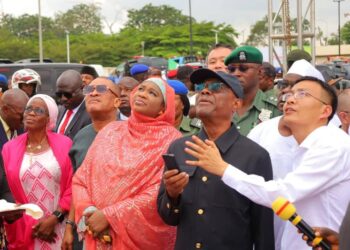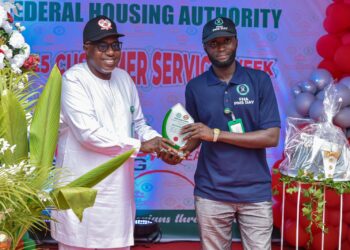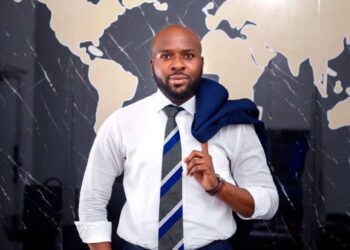Self-acclaimed human rights lawyer, Femi Falana (SAN), has been asked to publicly list the major legal cases he has successfully prosecuted and to state his tangible contributions to the development of Nigeria’s legal profession—aside from his reputation as an “arrangee and errand lawyer.”
This challenge was issued on Monday by Mr. Lere Olayinka, Senior Special Assistant on Public Communications and Social Media to the Federal Capital Territory (FCT) Minister, Nyesom Wike.
According to Olayinka, “It is both amusing and absurd that Falana believes only those who have argued cases at trial or appellate courts qualify as lawyers, and that such experience is a prerequisite for appointment as a Life Bencher.”
He emphasized that Wike’s membership of the Body of Benchers was meritoriously earned through his unwavering contributions to the advancement of legal education in Nigeria.
“Besides making noise on television, what exactly has Falana contributed to the legal profession?” Olayinka asked. “Even his SAN title came years after his contemporaries had attained it. Was it not more of an afterthought?”
He highlighted Wike’s instrumental role in the development of legal education infrastructure, including the establishment of the Nigerian Law School campus in Port Harcourt—widely regarded as the most advanced in the country—as well as critical support to the Yenagoa campus, such as the construction of a 1,500-capacity hall and modern hostel facilities.
“As FCT Minister, Wike is currently constructing a 10-unit staff housing complex for the Nigerian Law School in Bwari, Abuja, and has also donated operational vehicles to enhance the institution’s performance,” he added.
“In contrast, what has Falana done? Even in his home state of Ekiti, there is no tangible record of his contributions. The Bar Centre in Ado-Ekiti was built by Aare Afe Babalola (SAN), and that of Ikere-Ekiti by Chief Wole Olanipekun (SAN). Aare Afe Babalola also sponsors the Nigerian Bar Association’s annual lecture series and offers medical support to lawyers in the state through his teaching hospital. What has Falana done? Nothing.”
Olayinka also questioned Falana’s political track record, pointing out that he failed woefully in his bid to govern Ekiti State.
He further accused Falana of misleading the public on national television by misrepresenting the recent Supreme Court ruling regarding the Rivers State House of Assembly crisis.
“Falana falsely claimed that the judgment had no bearing on the legitimacy of the Assembly’s Speaker when, in fact, the issue of the 27 lawmakers’ defection was central to the ruling. It was this ruling that guided Justice Emmanuel Obile of the Federal High Court in Port Harcourt to dismiss the Labour Party’s suit on the matter.”
“Moreover,” Olayinka continued, “Falana stated that only three members of the Rivers State House of Assembly could validly conduct legislative business, contrary to Section 96 (1) of the 1999 Constitution, which clearly requires one-third of all members to form a quorum in a House of Assembly.”
“If, as a SAN, you can advise a client that only three members out of 32 can lawfully sit, then serious questions must be raised about how you attained that rank,” Olayinka concluded.
Lere Olayinka
Senior Special Assistant
Public Communications and Social Media
April 21, 2025















